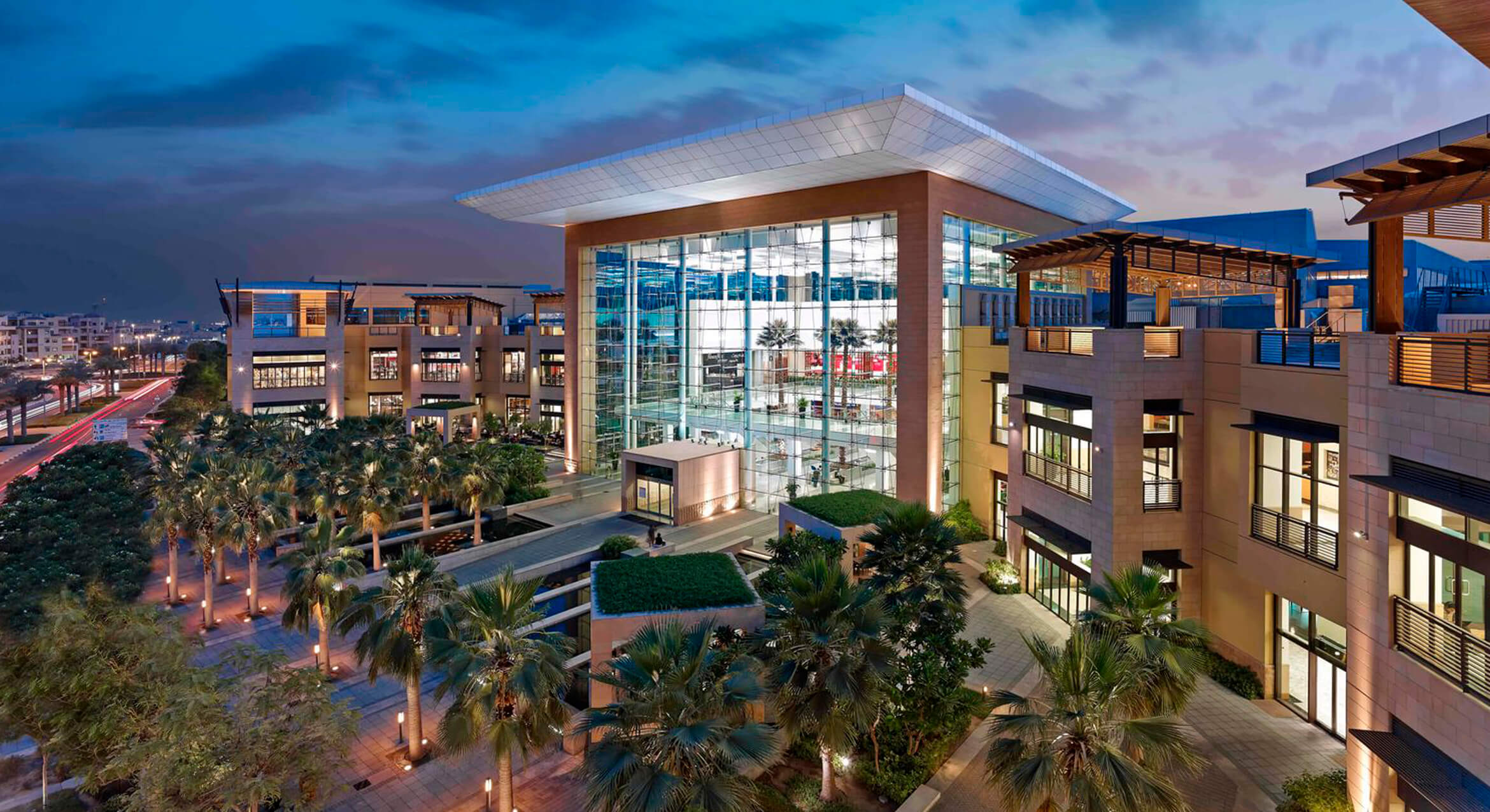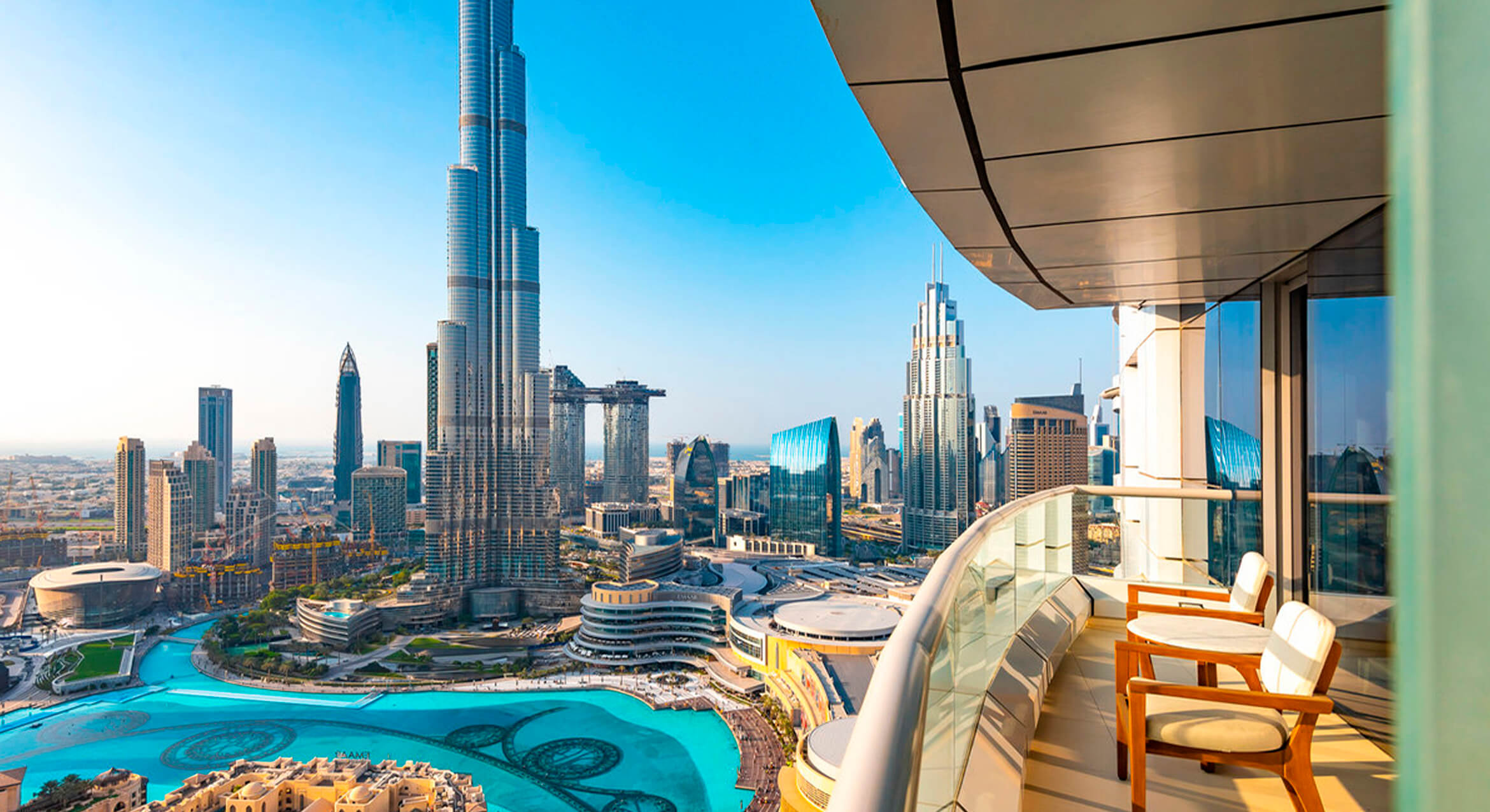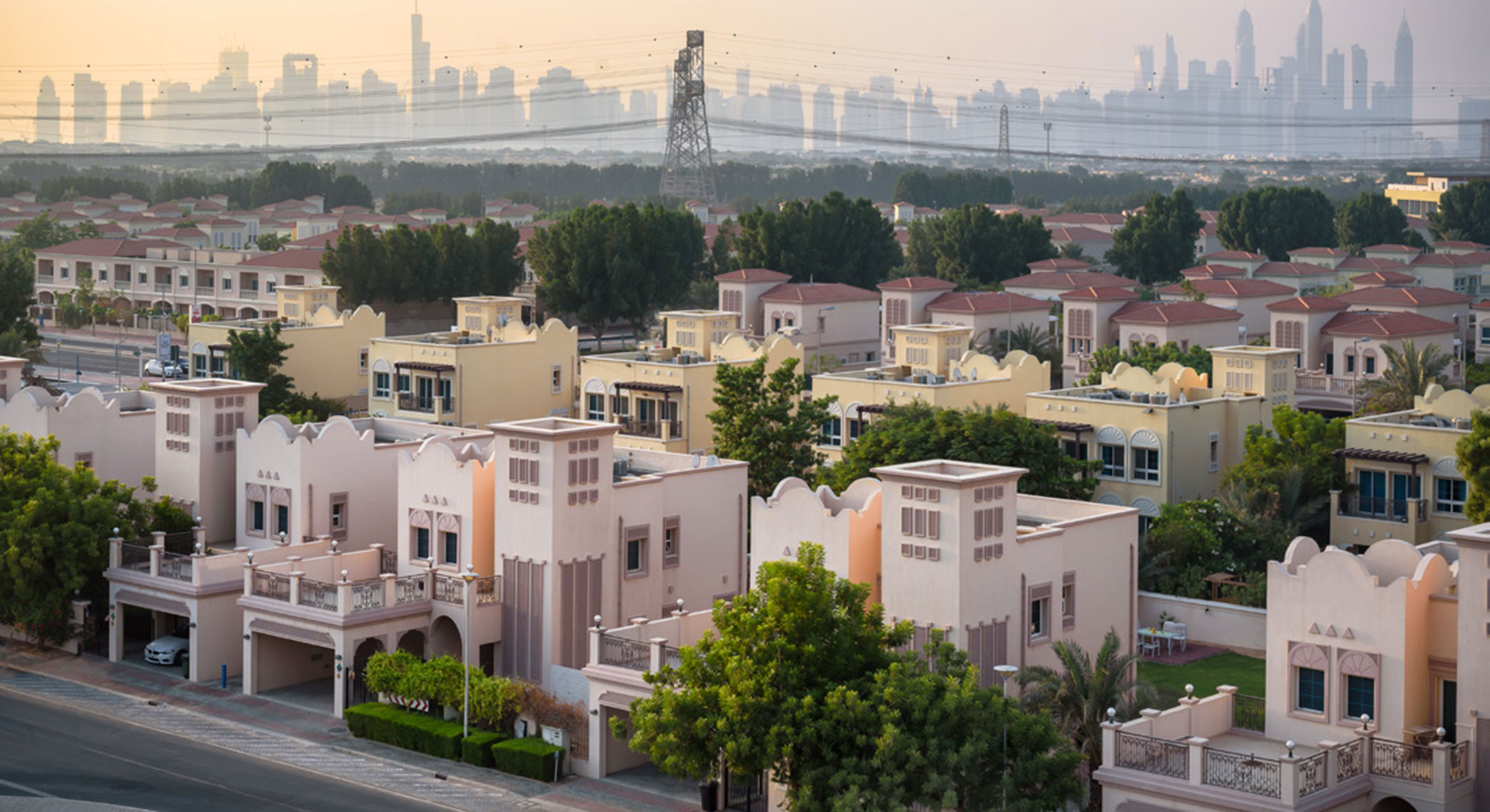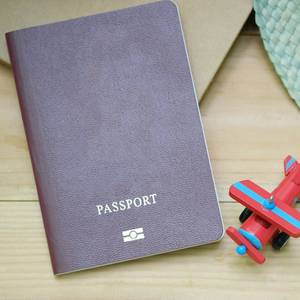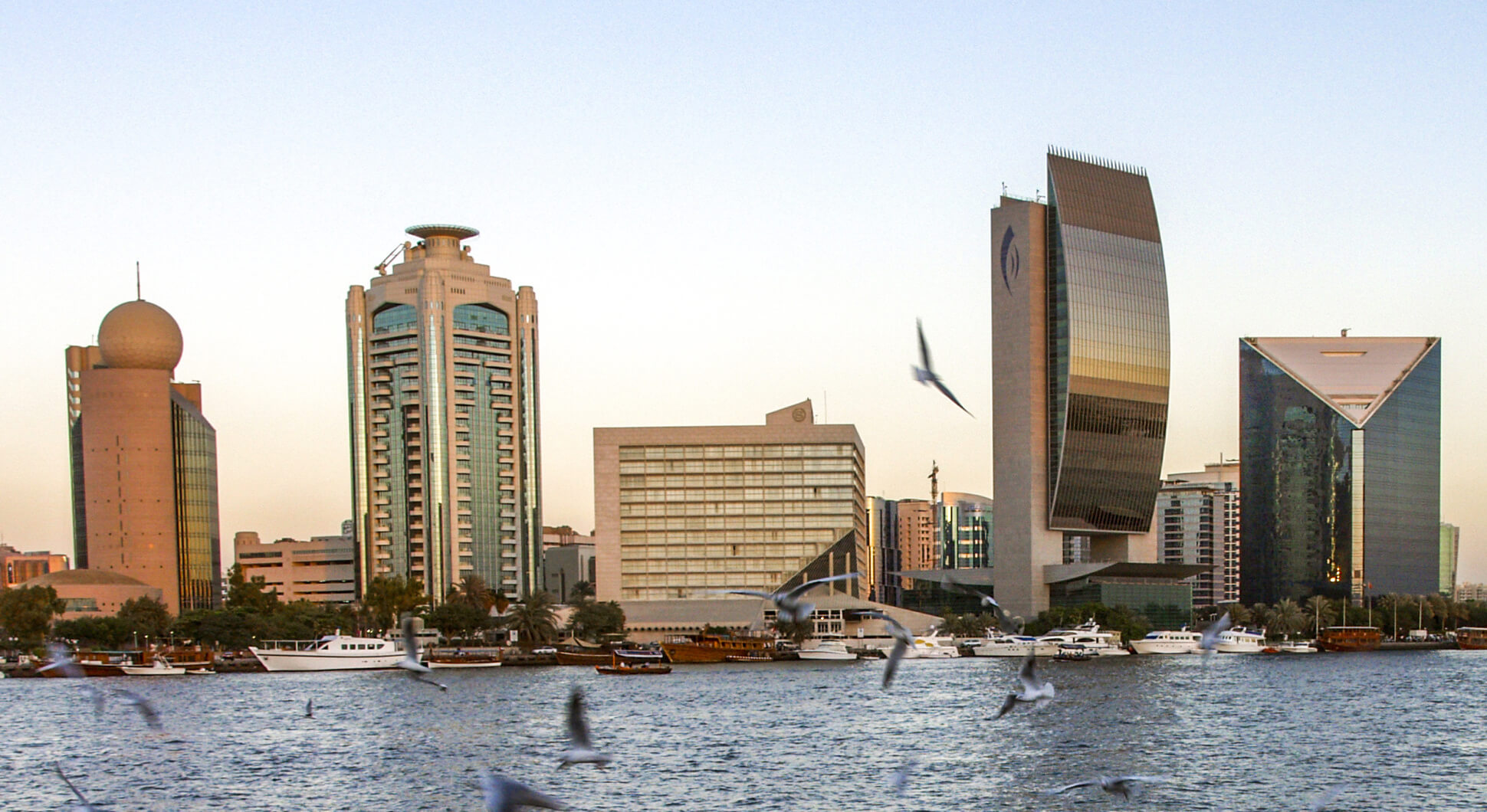- Apartments from 330,320 AED
- Townhouses from 530,000 AED
- Villas from 800,828 AED
- Penthouses from 590,000 AED
- Studios from 259,469 AED
- All off-plan projects
Apartments
-

Ras Al Khor Road, Dubai
-
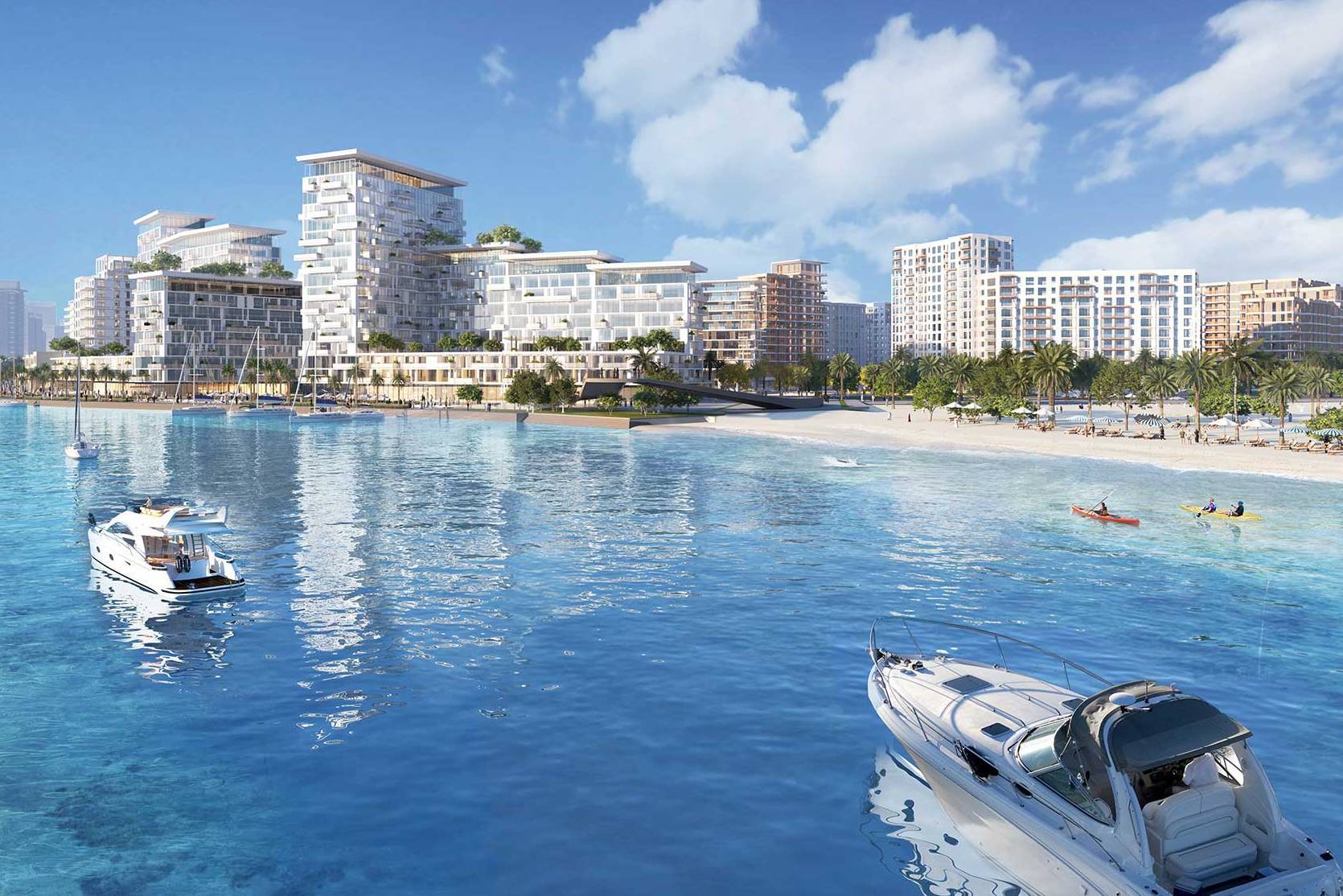
Maryam Island, Sharjah
-

Dubai Islands, Dubai
-
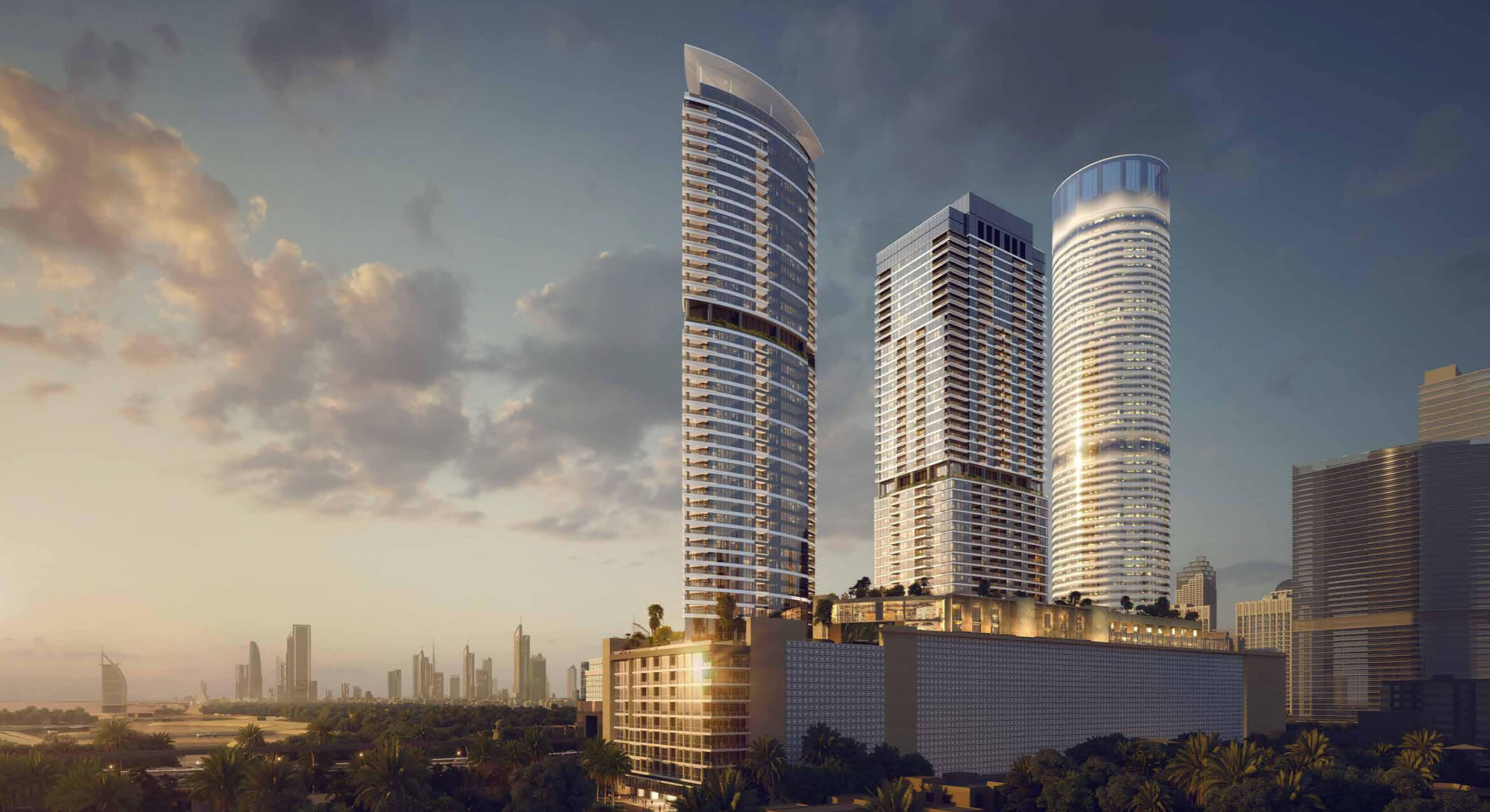
Palm Beach Towers, Dubai
-

Cavalli Tower, Dubai
-

Canal Front Residences, Dubai
-

Ellington Beach House, Dubai
-
Projects in total 275
SHOW All
Townhouses
-

DAMAC Lagoons , Dubai
-

Danah Bay, Ras Al Khaimah
-

Bianca, Dubai
-

Maha Townhouses, Dubai
-

MAG 22, Dubai
-

Shamsa Townhouses, Dubai
-
Projects in total 50
SHOW All
Villas
-

Jouri Hills, Dubai
-

Al Jurf Gardens, Abu Dhabi
-

Ramhan Island, Abu Dhabi
-

Yas Island, Yas North, Abu Dhabi
-

Mushrif Village, Dubai
-

Sobha Reserve, Dubai
-

Opal Gardens, Dubai
-
Projects in total 63
SHOW All
Penthouses
-

Burj Binghatti Jacob & Co Residences
Burj Binghatti , Dubai
-

SO/ Uptown Dubai Residences, Dubai
-
Projects in total 28
SHOW All
Studios
-

Reeman Living, Abu Dhabi
-
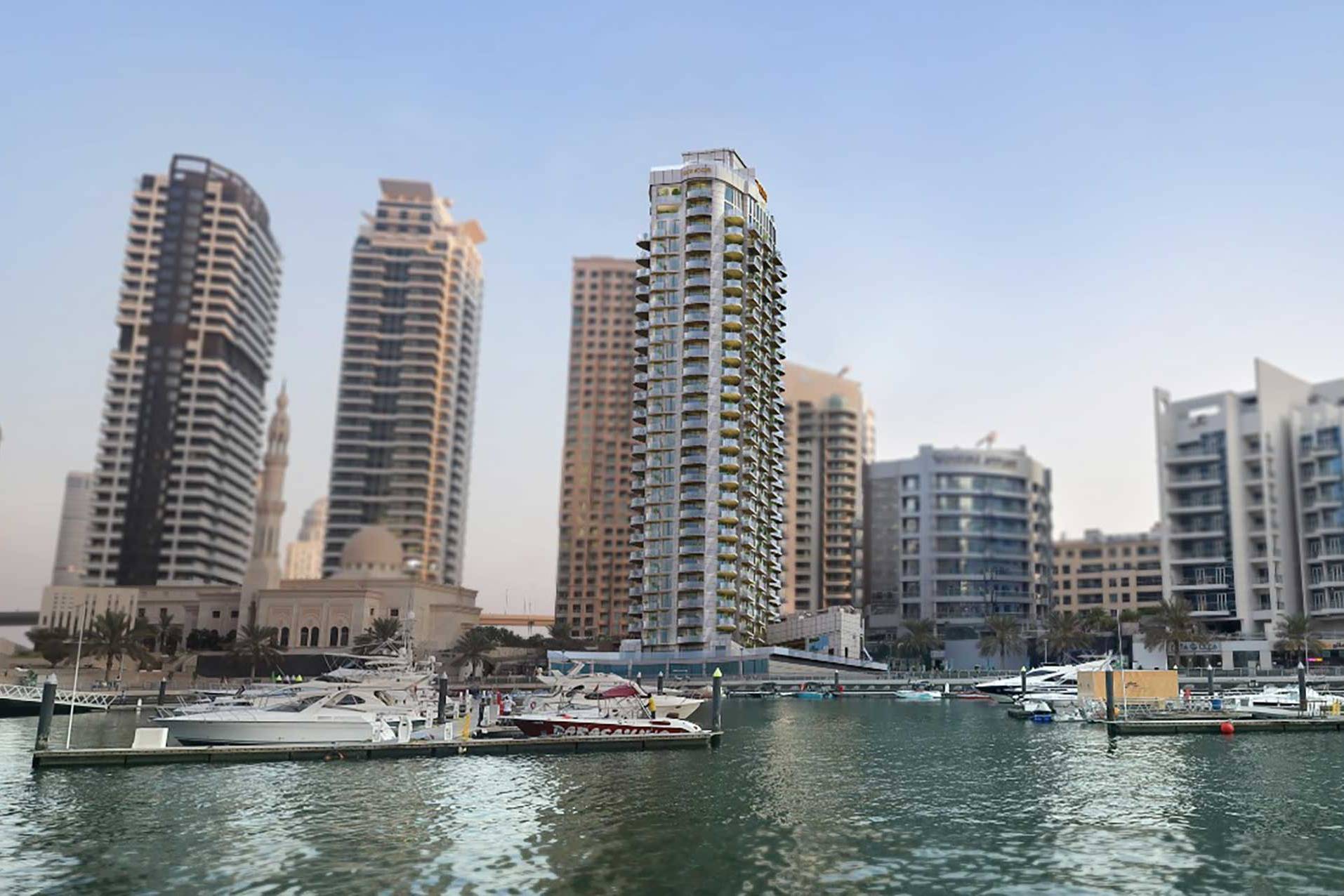
Marina Star, Dubai
-
Projects in total 88
SHOW All
All off-plan projects
-

DAMAC Lagoons , Dubai
-

Danah Bay, Ras Al Khaimah
-

Bianca, Dubai
-

Maha Townhouses, Dubai
-

MAG 22, Dubai
-

Shamsa Townhouses, Dubai
-

Ras Al Khor Road, Dubai
-
Projects in total 351
SHOW All
Communities
-
Сommunities 81
SHOW All
-
Off-plan
-
from 330,320 AEDShow all 275 projects
-

Binghatti Hills, Dubai
-

Anantara Sharjah Residences, Sharjah
-

Enqlave, Dubai
-

Mangrove Creek Beach, Dubai
-

Weybridge Gardens 2, Provence Edition
Weybridge Gardens 2, Dubai
-
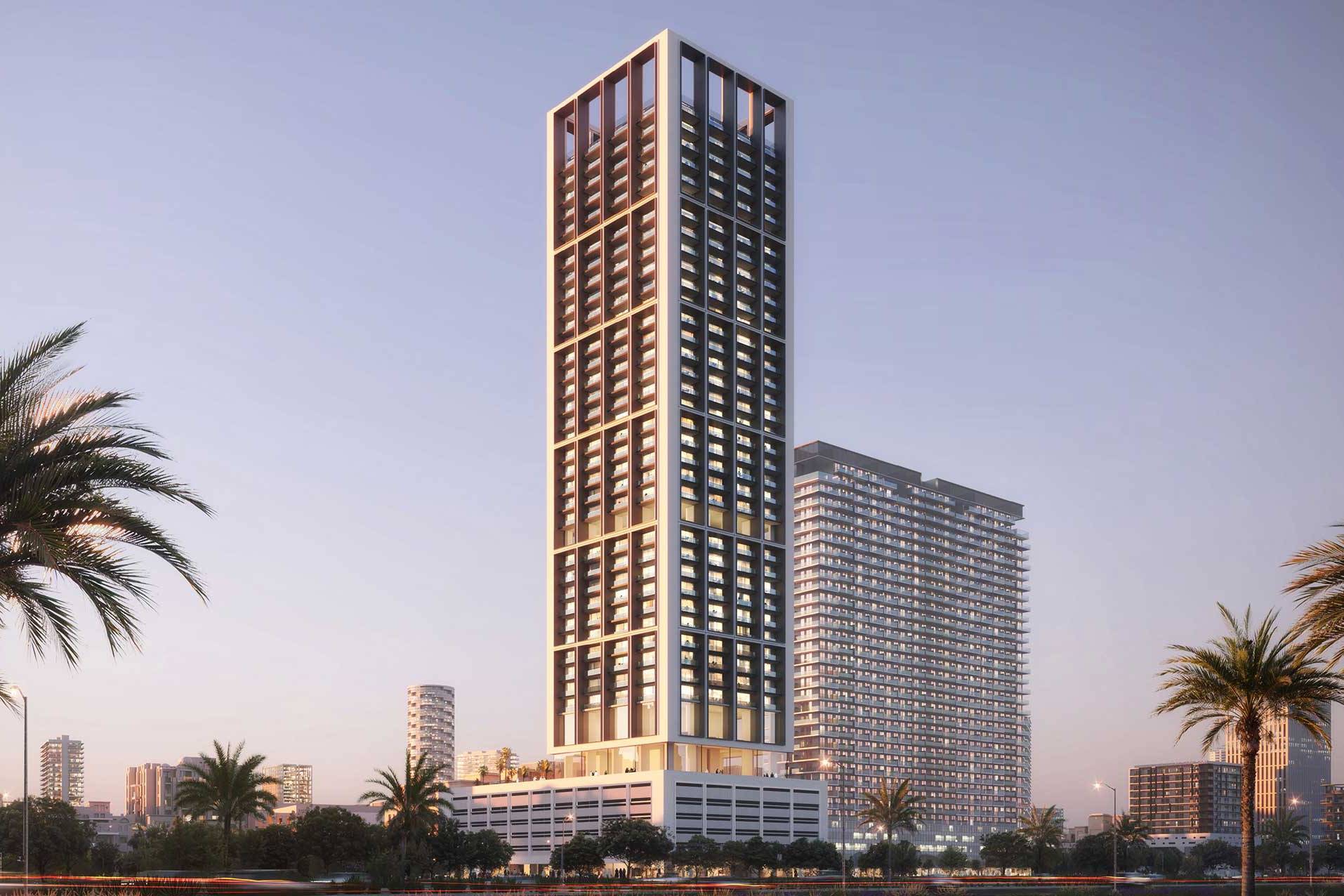
Binghatti Apex JVC, Dubai
-
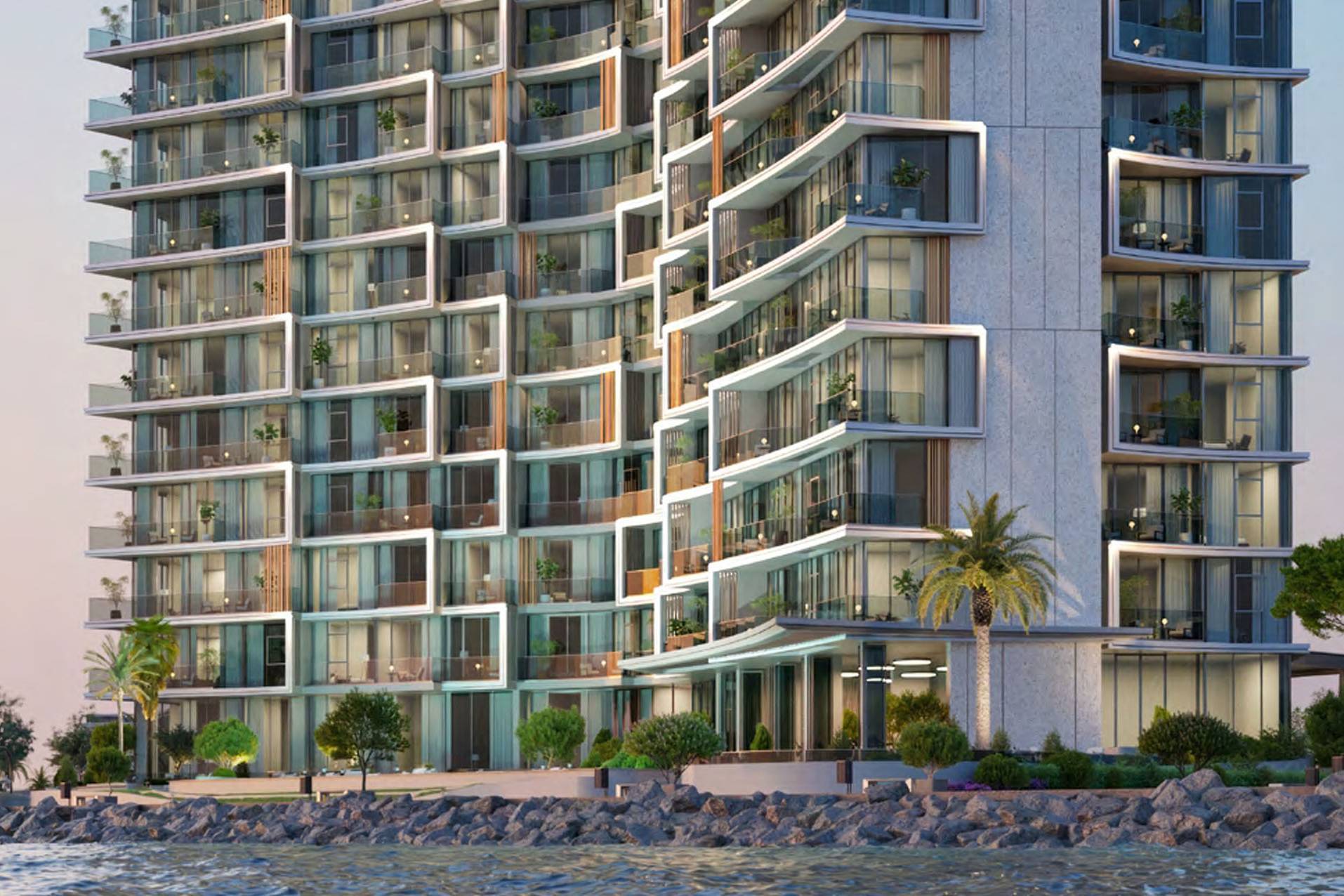
Cala Del Mar, Sharjah
- Projects in total 275 SHOW All
-
-
from 530,000 AEDShow all 50 projects
-

Athlon, Dubai
-

The South Bay 3, Dubai
-

Valo, Dubai
-

Natura Damac Hills 2, Dubai
-

Park Lane, Dubai
-

Granada Villas II, Ras Al Khaimah
-

Vida Residences, Dubai
- Projects in total 50 SHOW All
-
-
from 800,828 AEDShow all 63 projects
-

Athlon, Dubai
-

The South Bay 3, Dubai
-

Sharjah Sustainable City, Sharjah
-

MASA Residence Villas, Ras Al Khaimah
-

Autograph Collection, Dubai
-

Wadi Villas, Dubai
-

Fairway Villas 3, Dubai
- Projects in total 63 SHOW All
-
-
from 590,000 AEDShow all 28 projects
-

Cavalli Couture, Dubai
-

The Waterway, Dubai
-
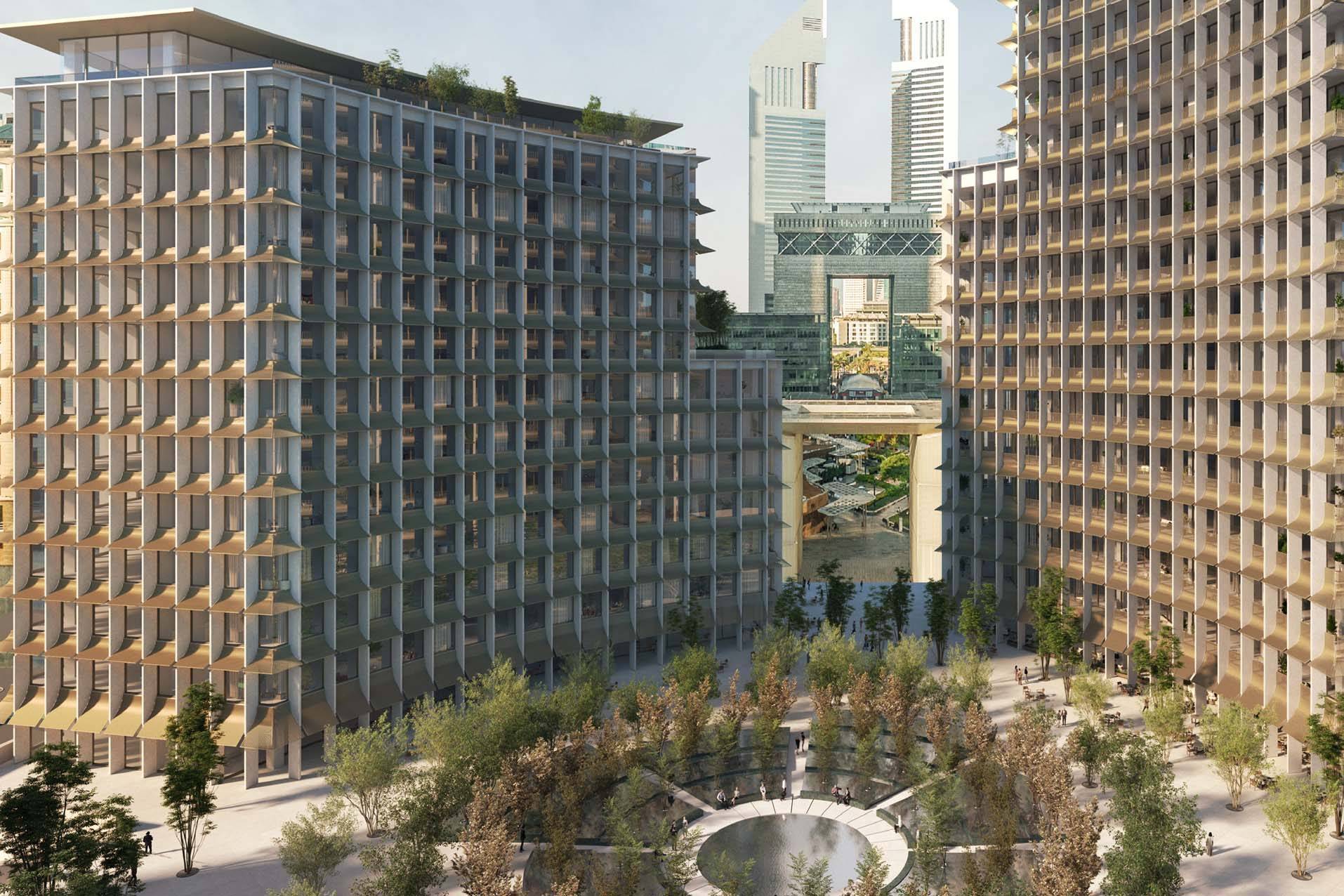
Four Seasons Private Residences at DIFC
Four Seasons DIFC, Dubai
-
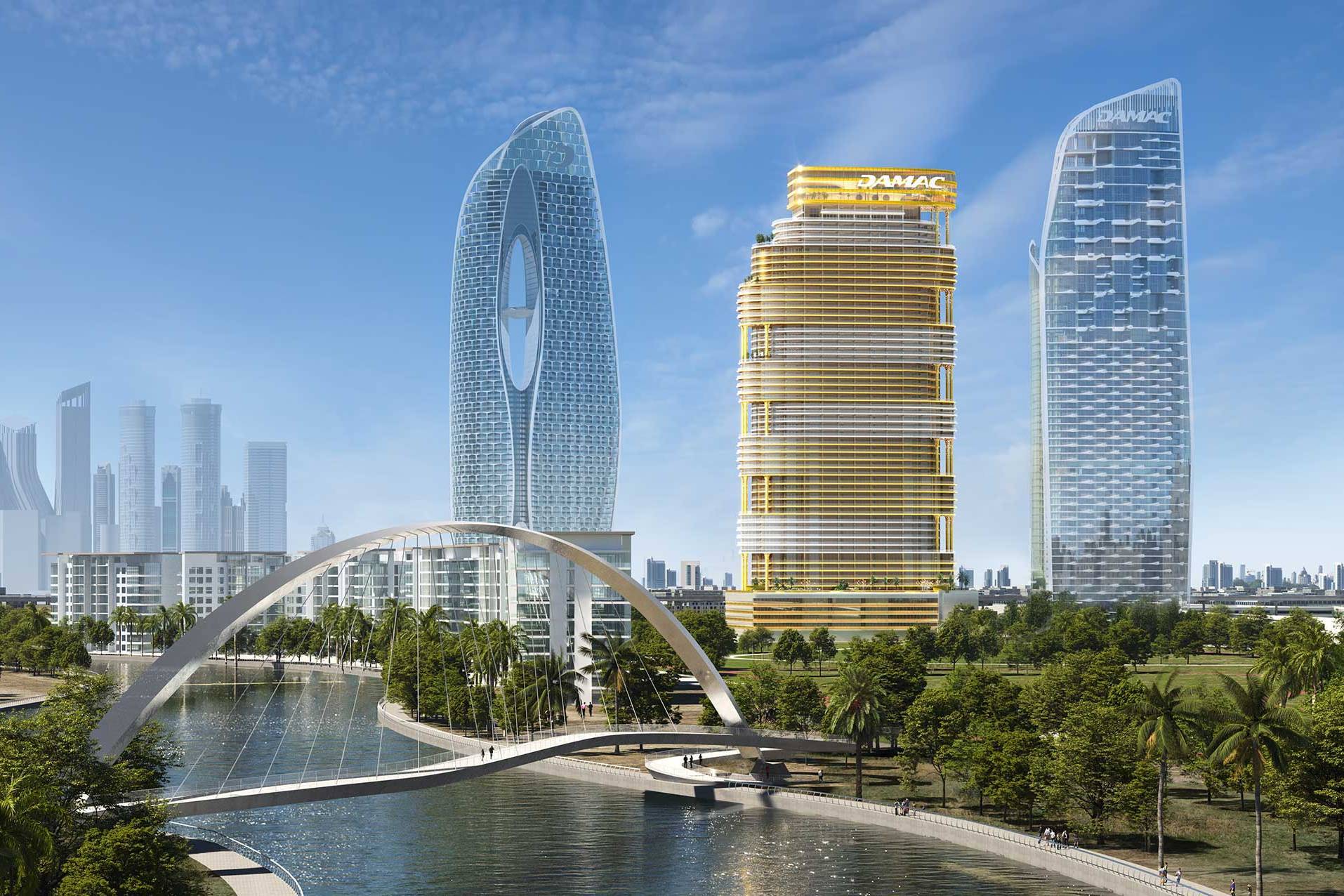
The Sapphire, Dubai
-

Mercedes-Benz Places | Binghatti
Mercedes-Benz Places | Binghatti, Dubai
-

Liv Waterside, Dubai
-

Selina Bay, Abu Dhabi
- Projects in total 28 SHOW All
-
-
from 259,469 AEDShow all 88 projects
-

Binghatti Hills, Dubai
-

Enqlave, Dubai
-

Weybridge Gardens 2, Provence Edition
Weybridge Gardens 2, Dubai
-

Binghatti Apex JVC, Dubai
-

Cala Del Mar, Sharjah
-
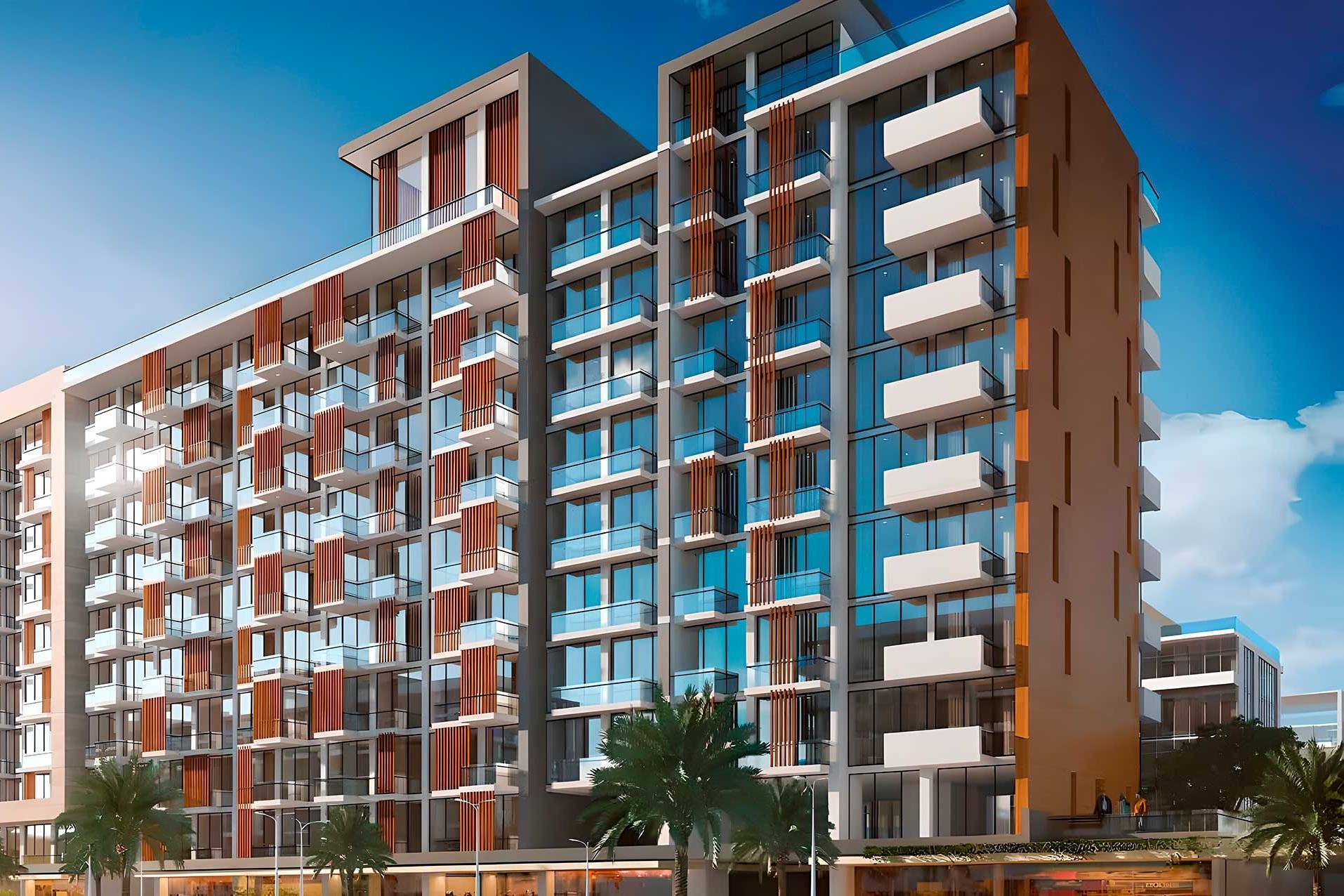
Azizi Riviera, Dubai
-

Aysha Residences, Sharjah
- Projects in total 88 SHOW All
-
-
-

Binghatti Hills, Dubai
-

Anantara Sharjah Residences, Sharjah
-

Enqlave, Dubai
-

Mangrove Creek Beach, Dubai
-

Athlon, Dubai
-

Weybridge Gardens 2, Provence Edition
Weybridge Gardens 2, Dubai
-

Binghatti Apex JVC, Dubai
- Projects in total 504 SHOW All
-
-
-
Communities
-
Properties
-
Apartments from 330,320 AEDShow all 578 projects
-
Townhouses from 530,000 AEDShow all 83 projects
-
Villas from 800,828 AEDShow all 107 projects
-
Penthouses from 562,939 AEDShow all 61 projects
-
Studios from 259,469 AEDShow all 174 projects
-
All properties from 259,469 AEDShow all 1003 projects
-
